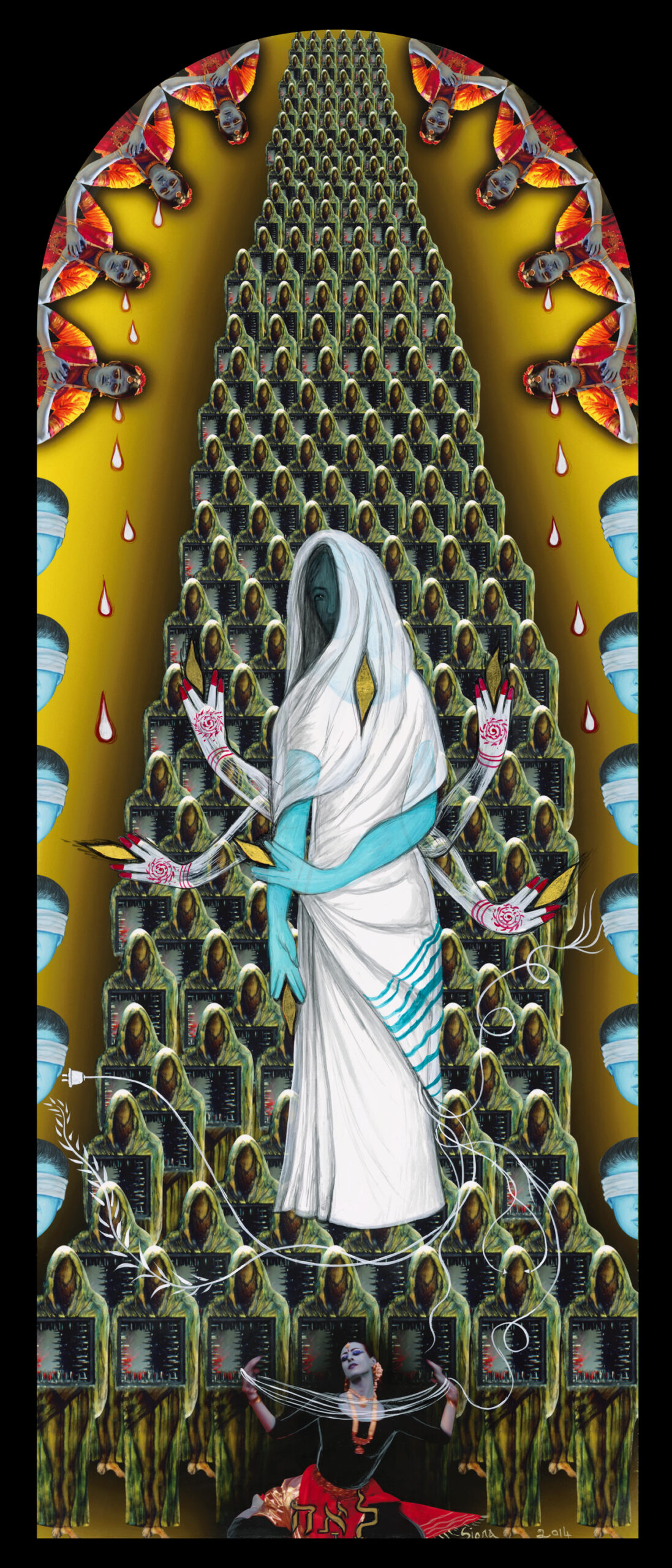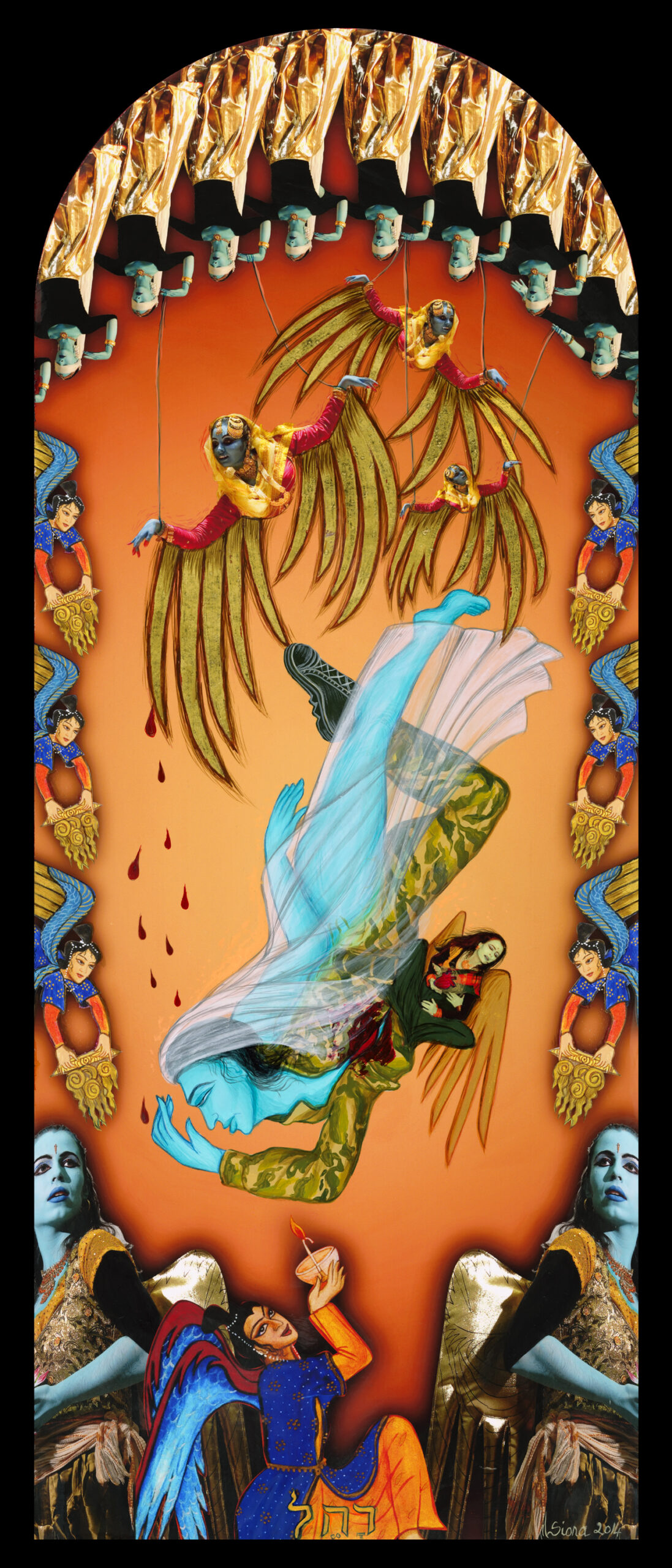Torah Study Date
Saturday, November 6, 2021
Verses Covered
Bereishit (Genesis) 29:23-33
Next Session
Saturday, November 13, 2021
Starting at Genesis 29:34
Last week we discussed the sex joke regarding Laban bringing Leah to Jacob and Jacob going into her, that it indicates the crude sexual act in which he does not see the woman he is having sex with and so does not realize it is Leah not Rachel, that midrash tries to soften the story by claiming Jacob gave Rachel a sign by which he could recognize her but she gave it to Leah so that Leah would not be shamed (if Jacob realized it was she and was outraged), that Laban giving Zilpah to Leah as her maid comes out of the blue (but will be useful for what follows), that Jacob complains to Laban for deceiving him after he had worked for seven years, that Laban tells him that it is not the local practice to marry the younger before the first-born and that the deception is turn about given that Jacob himself had deceived Esau and had taken his birthright and blessing.
We noted that Leah only gets one week alone with Jacob since Laban agrees to give Rachel to Jacob after one week if Jacob agrees to work for him for another seven years after that, that Laban giving Bilhah to Rachel as her maid again comes out of the blue (but is useful to what will follow in the story), that Jacob has sex with Rachel and loves her more than Leah and that Jacob’s love for Leah is the second of two loves mentioned in Torah, the first being that between Isaac and Rebecca.
We discussed YHVH opening Leah’s womb because she was hated, that the text says ‘hated’ (not ‘unloved’ as some translators say), that she names her sons, that some women in Torah do name their children (perhaps, if one interpreter is right, when they are central in the story), that she names one Reuben because YHVH sees her affliction and now her husband will love her and the second Simeon because YHVH heard that she was hated and gave her another one, and that it is sad that she keeps hoping, with each child, that Jacob will love her.
We discussed some general questions about Torah, too: why does YHVH let bad things happen (and that later thinkers said if YHVH was not all-powerful that would explain the bad events, or if he was not all-knowing, or if he was not present everywhere—supposing these omni’s are even appropriate to talk about in the early time-period of Torah), that we ought to read Torah both as an ancient Near Eastern reader and as a modern, that we bring our contemporary moralities to Torah but we also consider it a sacred text (and that putting those together is one of our tasks), that Torah also is literature (with foreshadowing, etc.) and that Torah combines different origin stories that are not the same in order to include the stories of all those it wished to see united (just as today in the U.S., the origin stories of black and brown people are included in with the settler-colonial stories in the hopes of uniting people).
Our artwork this week is two more from Indian American Jewish artist, Siona Benjamin’s The Four who Entered Pardes: Leah (above) and Rachel (below). According to what Siona Benjamin said to me, she portrays Leah, who already was weak-eyed, as blind from the lack of love of Jacob never seeing her. She is blue, like a Hindu god, a person of color such as Benjamin herself or like the blue on her tallit that symbolizes Jews. How sad never to be seen–like Leah, like a Jew of color in an Ashkenazic world, like Jews themselves in much of the world or like those that Jews themselves never see. Who are the blue people with blindfolds on? Are they blind because they have not been seen? Are they blind because they do not see? Rachel, as Benjamin describes her, becomes an apostate, seeking out the family gods to help her bear children. It works, but then she is cut off, weeping forever for children, until peace comes. Sad from not being allowed her fruitfulness, she weeps and mourns and is cut off from her people.


